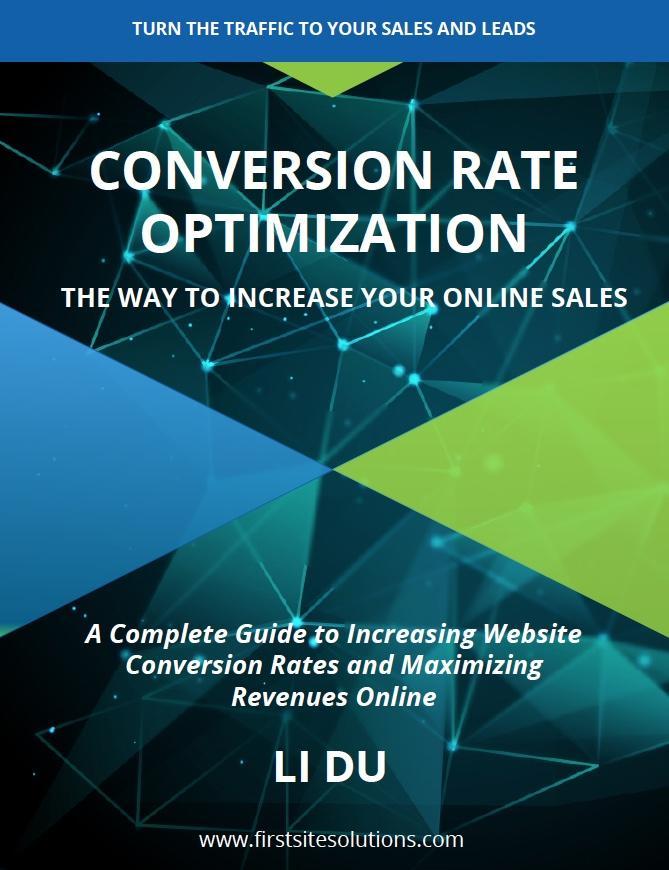When someone wants to search something using a search engine like Google, he or she types the words into the search box to find out what they are looking for. The search terms they type are referred to as keywords.
Getting your website listed on the top of search engines is one of the most cost-effective strategies of lead generation. To apply this strategy, it is important to invest significant time and energy on SEO keyword research and understand the following essentials before starting your SEO campaign.
1. Think about it for two seconds
Selecting your keyword is not very difficult. All you do is to figure out what you want people to type into search engines to make your website pop up.
For example, if I managed a website for an online business consulting company in Toronto, I would like that website to show up when someone types in online business consulting Toronto.
How did I select that keyword? I just thought about it for seconds and concluded that people would probably type it into the search box of search engines if they were looking for an online business consulting company in Toronto.
2. Choose keywords that people actually search
Many people mistakenly believe that they are doing a good job for SEO if their website can rank number one on Google for name of their business. I am not saying that this is not vital. However, your business name is likely to generate traffic from people you have known before or who have heard of your business. The real power of search engine is its ability to generate quality leads from people who have never heard of your business before.
This doesn’t mean that you shouldn’t use your business name or jargon in your keyword strategy. My suggestion is that you should include other long tail keyword in your branded keyword that people use when they have no idea what they are looking for.
3. Use the Google AdWords keyword planner
Google AdWords is one of the best resources for keyword selection in the SEO world. It indicates international and local statistics of how many people are searching for the keywords you choose, a list of related terms and their search volumes.
In addition, If you can spend a few bucks on pay-per-click campaign, Google AdWords can help you promote your website showing up on the first page for a specific keyword and see how many sales you make from it.
Undoubtedly, using the power of the Google AdWords can make you write better blog posts that perform better in search results. To apply this fantastic tool, you need to:
- Register an AdWords Account
- Locate the keyword tool in your account
- Type in your preferred keywords
- Download a list of keywords in your “saved ideas” list
- Put your keyword into practice
4. Use long-tail keyword
Long-tail keywords generally contain three, four, or more keywords. For example, “cheap toys for kids”, “online business ideas for women” and “ secret cooking recipes” might be typical long-tail phrases for a business. This is based on the assumption that if you have a content that includes keywords that are not as popular as other terms, you may have less competition for the terms and have more opportunities to rank on top.
5. Don’t overuse certain keywords
Many people try to overuse certain keyword on their websites. This is called keyword stuffing. People normally find such pages annoying and search engines regard it as unnatural patterns and penalize it.
6. Understand keyword deployment
All search engines try to identify the most important words on a page, in a tag or in a link. They normally value more on a world used at the beginning of a link or text than the rest. The words that follow are less important. As an example, consider these two alternative page titles:
- Get on top of Google – we provide SEO services
- SEO services – we help you get on top of Google
You may have noticed that these two titles are very similar. However, I can say for sure that the second of these alternative titles will produce better search engine rankings for the keyword of “SEO services” than the first one.
7. Don’t simply imitate your competitors
Many people tend to simple grab and copy the keywords that their competitors are using without looking deep into it. Good SEO is to try to find the keywords that are relatively popular with searchers but relatively underused by your competitors.








